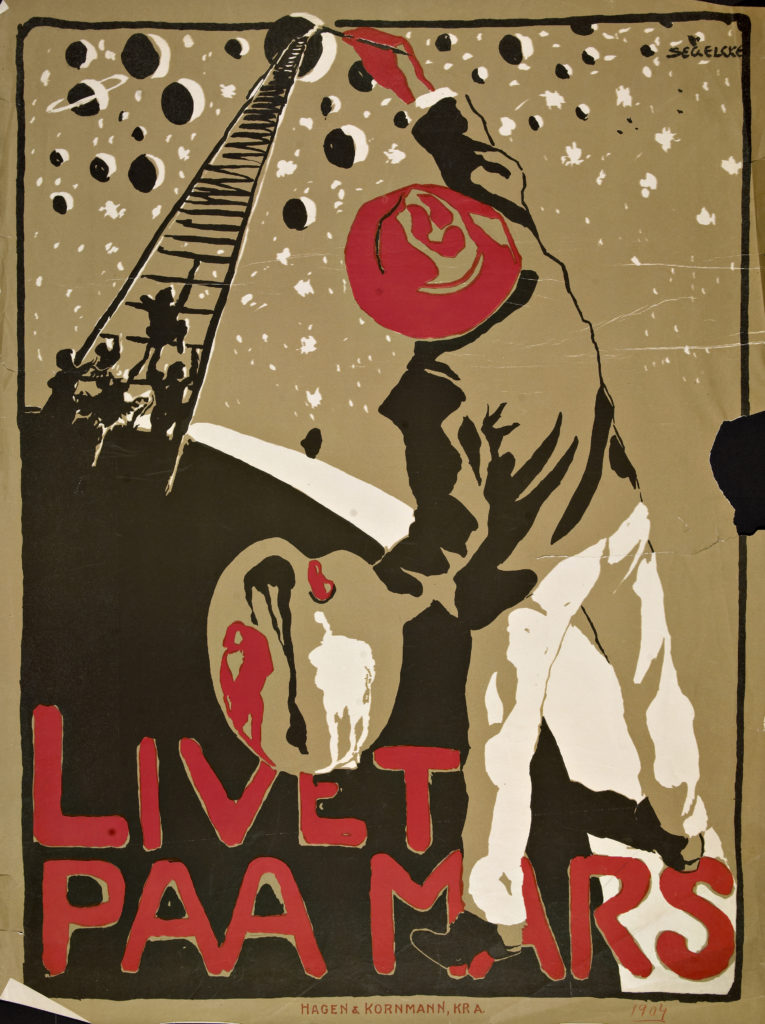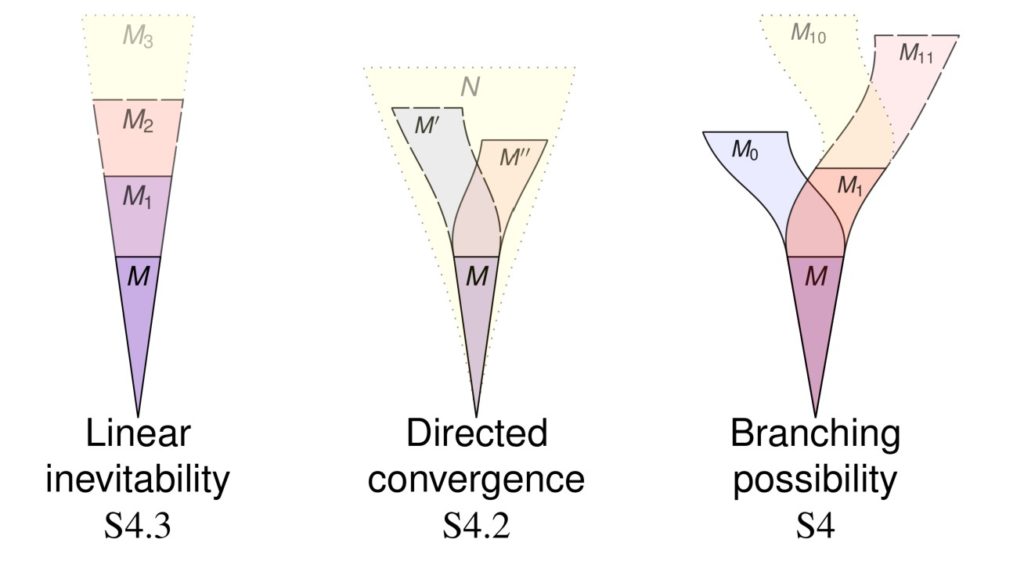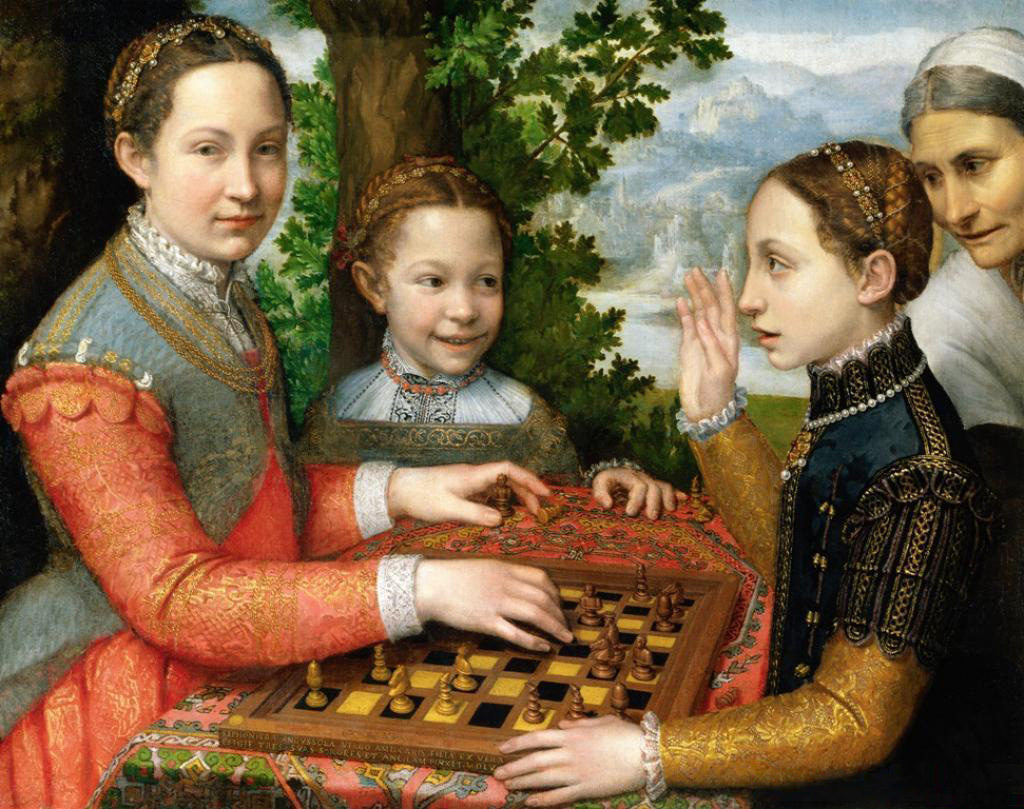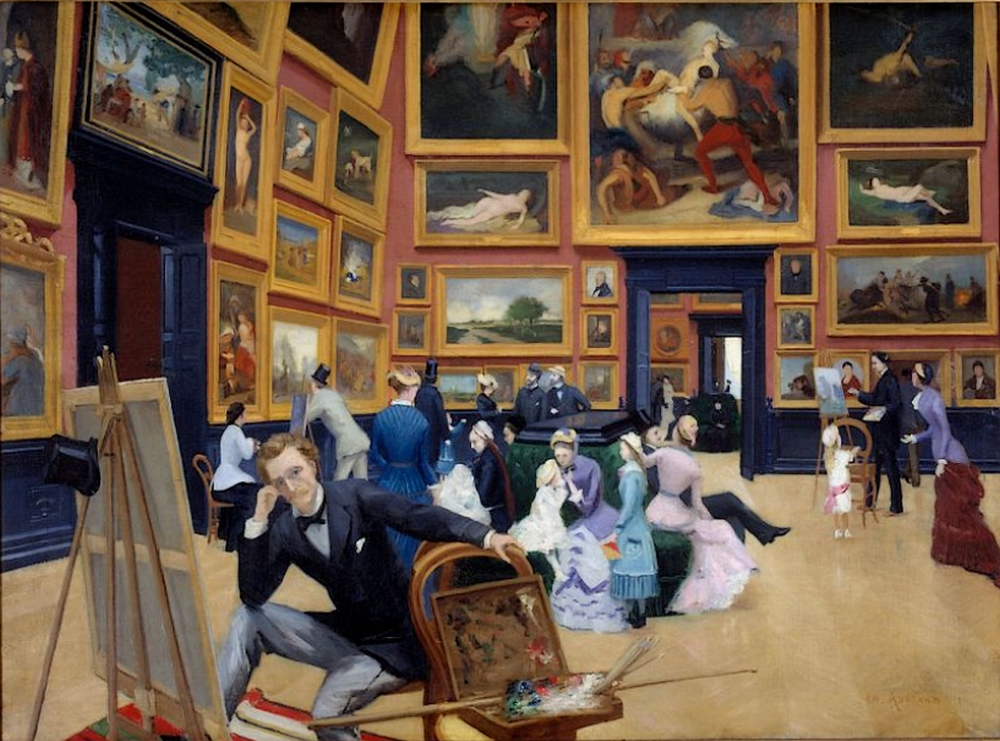I was interviewed 26 August 2021 by mathematician Daniel Rubin on his show, and we had a lively, wideranging discussion spanning mathematics, infinity, and the philosophy of mathematics. Please enjoy!
Contents
0:00 Intro
2:11 Joel’s background. Interaction between math and philosophy
9:04 Joel’s work; infinite chess.
14:45 Infinite ordinals
22:27 The Cantor-Bendixson process
29:41 Uncountable ordinals
32:10 First order vs. second order theories
41:16 Non-standard analysis
46:57 The ZFC axioms and well-ordering of the reals
58:11 Showing independence of statements. Models and forcing.
1:04:38 Sets, classes, and categories
1:19:22 Is there one true set theory? Are projective sets Lebesgue measurable?
1:30:20 What does set theory look like if certain axioms are rejected?
1:36:06 How to judge philosophical positions about math
1:42:01 Concrete math where set theory becomes relevant. Tarski-Seidenberg on positive polynomials.
1:48:48 Goodstein sequences and the use of infinite ordinals
1:58:43 The state of set theory today
2:01:41 Joel’s recent books
Go check out the other episodes on Daniel’s channel!












